OCTOBER 8TH
OCTOBER 13TH
BTCF Board Member Dr. Gia Marson talks with Goop about helping loved ones with an eating disorder.
Breaking the Chains and NEDA
Breaking the Chains Foundation partnered with NEDA in support of National Eating Disorder Awareness Week on February 26 – March 4th by promoting awareness via a variety of our social media networks, celebrity support, sharing NEDA’s screening tool through our social media platforms, as well as having our own online event through out the week. Also joined NEDA in forming our own team for the Los Angeles NEDA Walk on April 7th, walking and raising funds in support of stopping eating disorders.
GREAT NEWS
The award winning short film “FINDING ALICE” was an Official Selection both as a short film and written word in The Hollywood Dreamz International Film Festival and Writer’s Awards in Las Vegas, August 2017!
UPCOMING NEWS
STAY TUNED! – BTCF YOUNG HOLLYWOOD CAMPAIGN
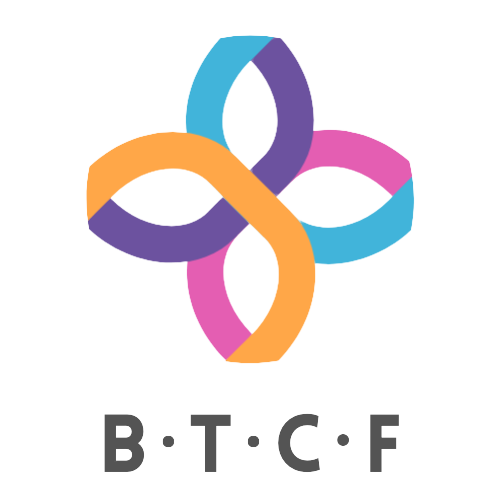

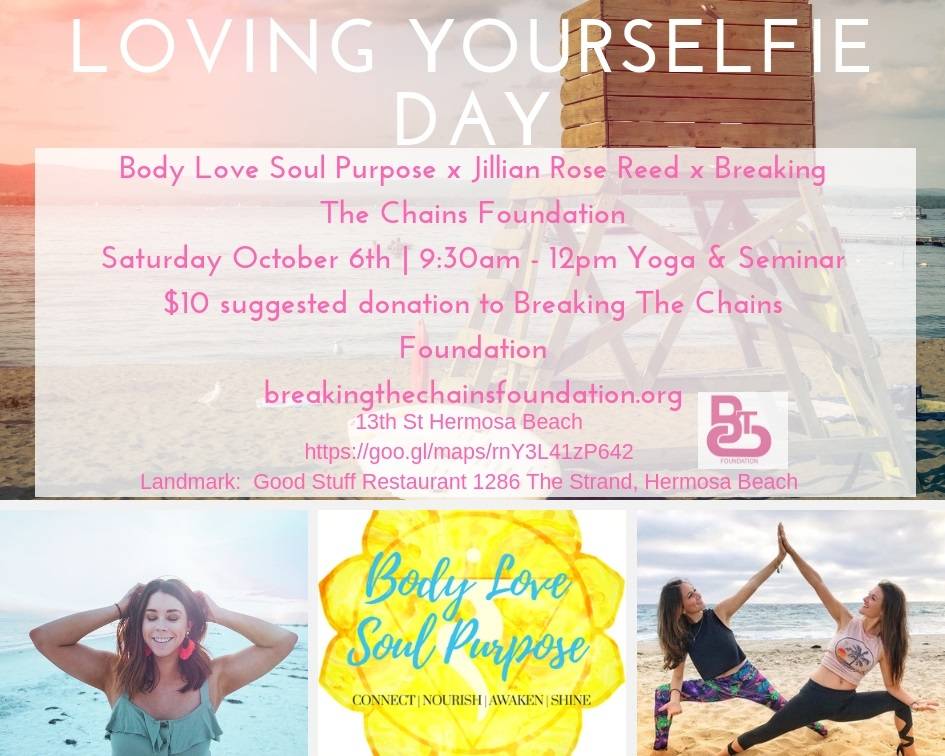
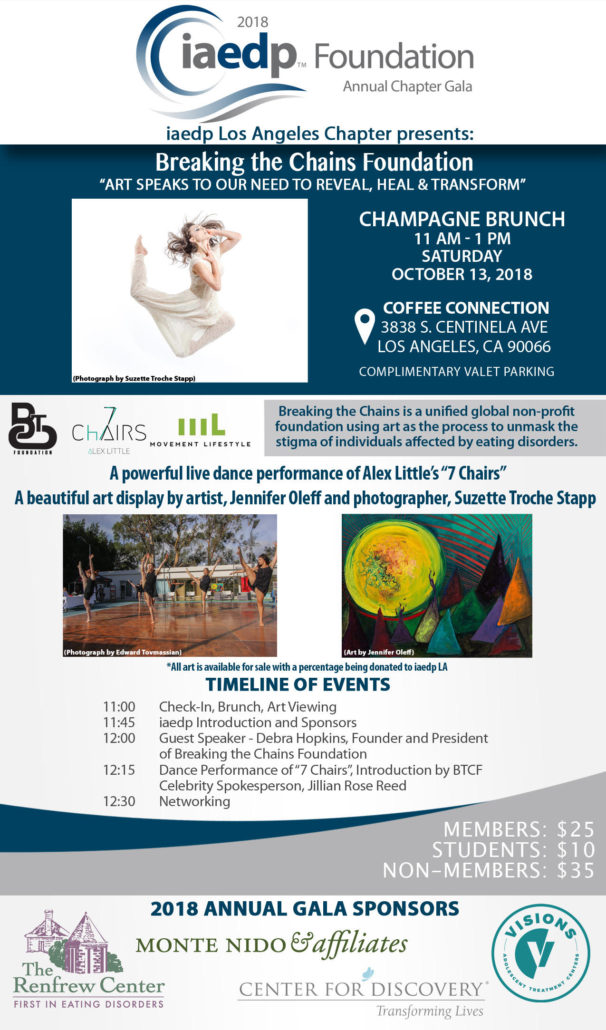
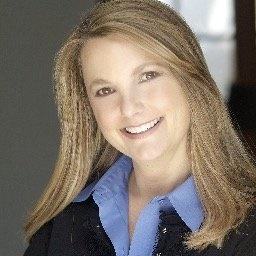
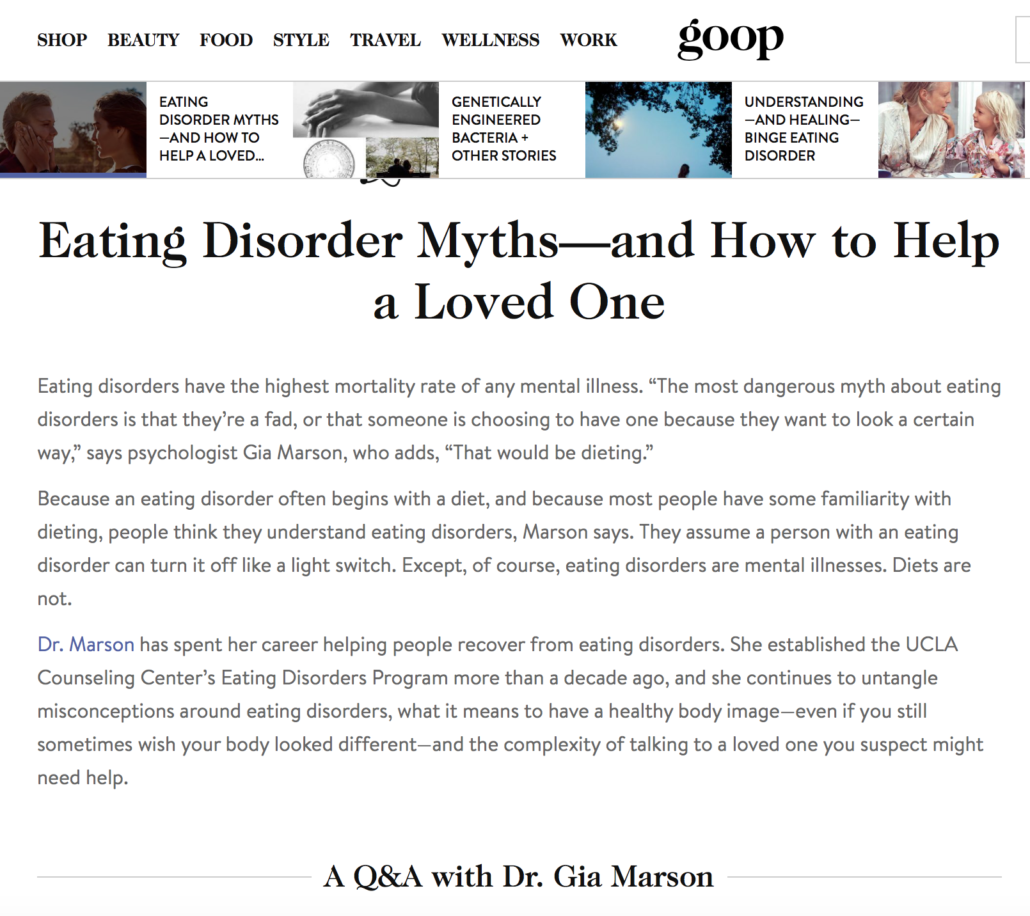
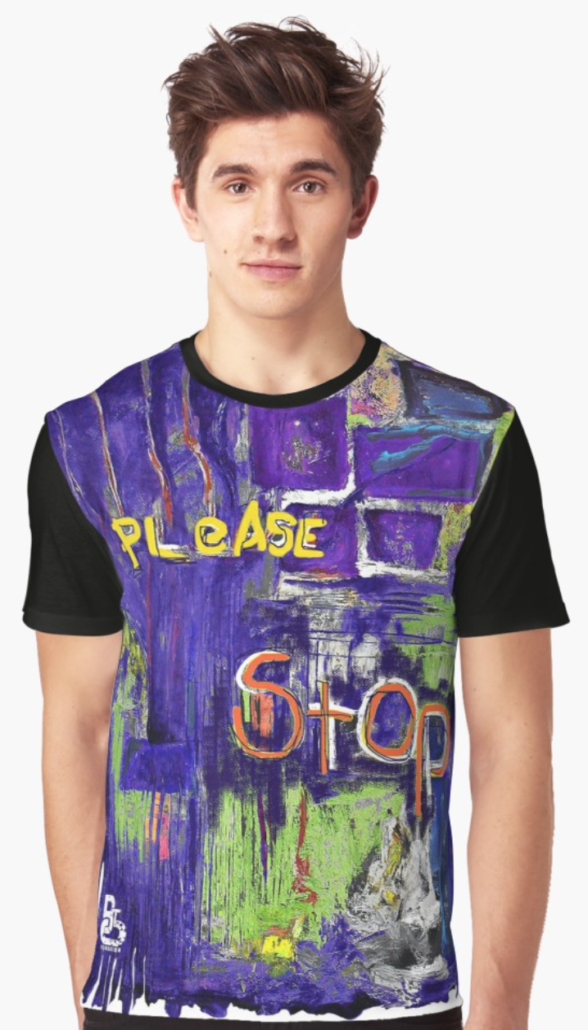
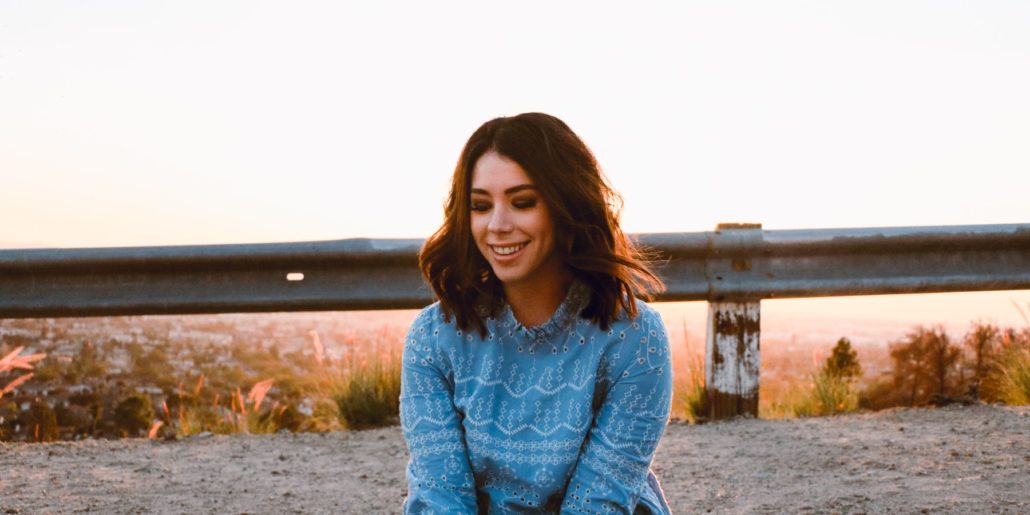
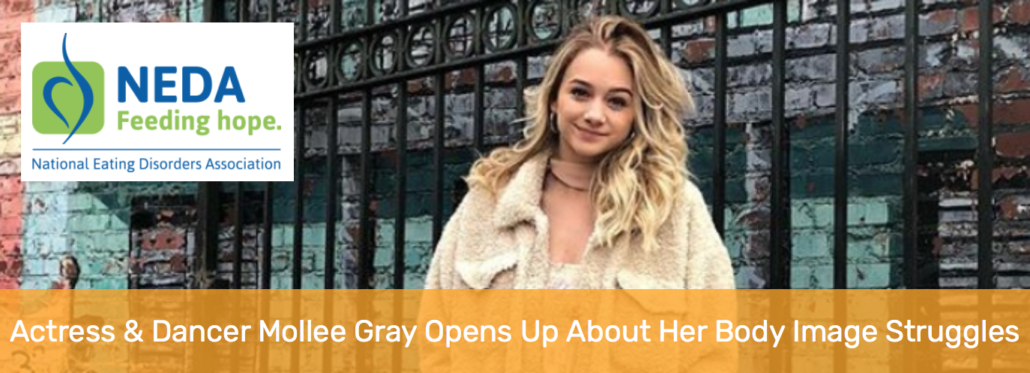
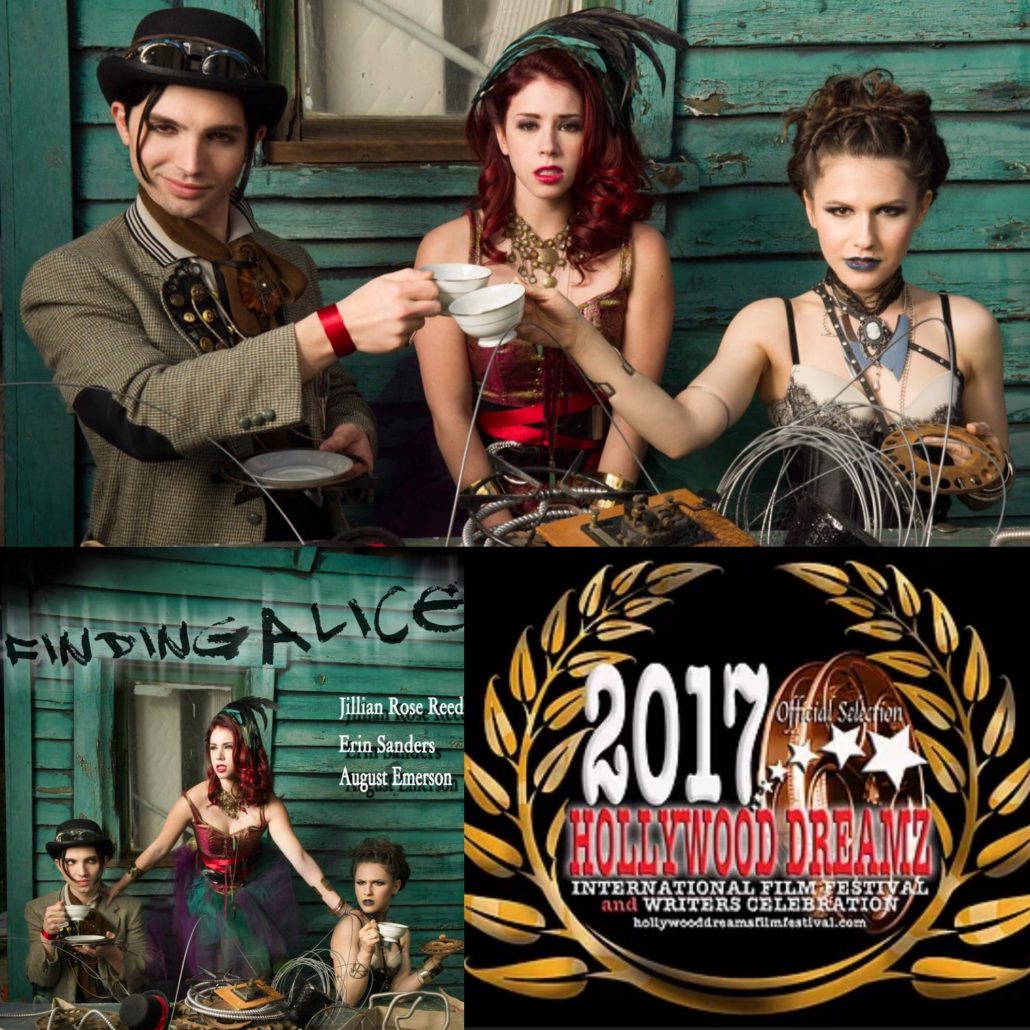
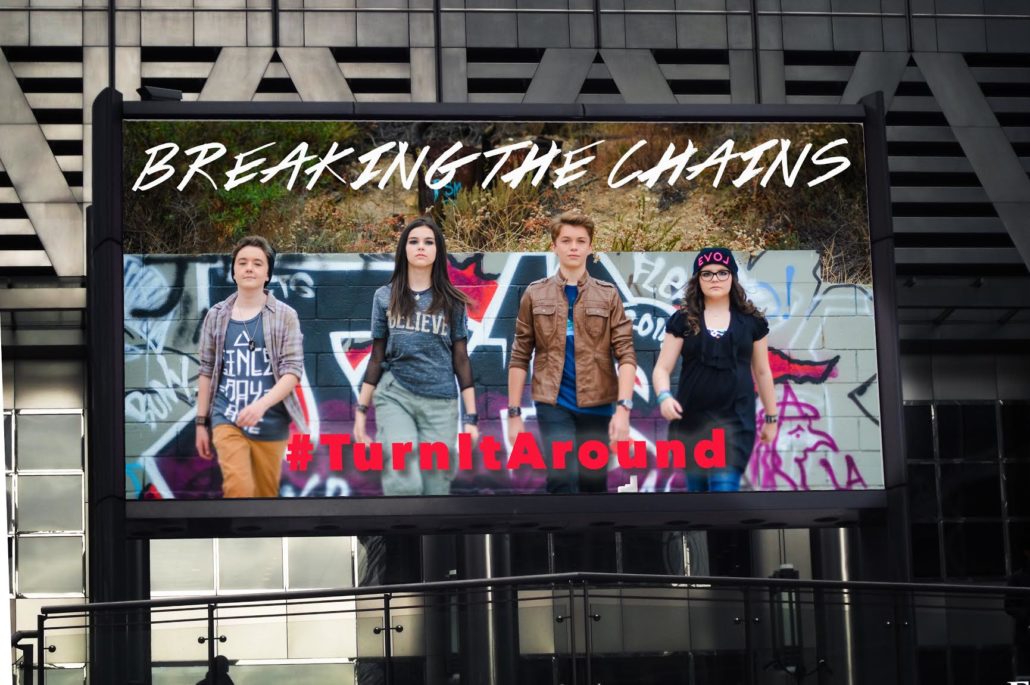



AN INTERVIEW WITH JENNA ROSE SIMON
Artist Blogs“Sometimes you win, sometimes you learn” – John Maxwell
BTCF: Using your art as a form of expression is truly something that beholds deep meaning to you, can you please share some of the why and how?
JENNA: The why kind of happened by accident. Years ago, I was mostly creating this art for myself and to share only with a therapist. One of my drawings, now featured in ABC news and Good Morning America went viral on social media when someone in my Facebook friends list (still don’t know who) saved my drawing and uploaded it to their own page and toggled the viewing ability to public. It was shared over 140,000 times. It was kind of frustrating because it was my work and shared without credit, but you have to look at it like this: over 140,000 people connected with this piece and wanted to share it. It had that big of an impact. It was that moment that I realized I needed an IG dedicated solely to my art and that my story might help others.
Now the how is tricky. Most of these pieces come out of feelings I have that I need to express in a healthy way. Being a trauma survivor and someone with an eating disorder means I’m used to running to a quick, unhealthy fix. Art became a better place to put those feelings. So when I have a feeling or experience I want to express, I come up with the idea and then figure out how to get reference photos to help me create the image I want to. Then I draw it.
Jenna’s ABC Feature & Photo that went viral:
https://abcnews.go.com/Lifestyle/story-powerful-parenting-sketch-viral/story?id=38578209
BTCF: You were also a dancer for many years. What type of dance? Does this art form contribute to your other art forms? If so, how?
JENNA: I was! I was studying ballet about 40 hours a week by the time I was 12 up until I gave it up at 18. It really doesn’t contribute. I loved it when it was a part of my life, but while most previous dancers claim to miss it after the fact, I really don’t, I love watching it, but I don’t miss it as a part of my life.
BTCF: There are many pieces of your work that are a self-portrait, and each have very specific meaning and depict very specific moments in your life. Are there some that were done in real time and others a reflection of other times?
JENNA: So much yes! And you can see it in the evolution of my actual craft. The start of my account has so many “quick” scratchy type self-portraits in graphite pencil that don’t have a photo realistic quality to them. They were done in the moment and quickly. As time went on and I started to heal more, I would remember something, or some situation would come up in a flashback that would cause me to think about that situation again. But because it was more of a reflection, I wasn’t in quite the same hurry to “get it out” and you see the art show more time and energy. I look back and think sometimes “this piece isn’t good” because the quality isn’t what I’m currently used to seeing in my work…. but I try to remember it was a different time. I was different. I had been drawing this much for less time back then. Less experienced.
BTCF: Even though you may be in the piece, is your work always a reflection of you or a reflection of society?
JENNA: It’s funny you ask, because my own work is always a reflection of me or something that has happened to me. But it’s super important to create things that reflect our world and history. I just assigned an art student I teach at Fusion Academy to create an abstract portrait of something she feels strongly about in society, and she did the most wonderful painting of a political figure depicting her thoughts on him and how he runs our country. Those pieces hold so much value too!
BTCF: When did you start drawing? How and when did you come to learn that your art inspired healing in your own life?
JENNA: I’ve been drawing since I was a little kid. But not this kind of stuff. But I always loved it. My dad would help me cartoon on napkins at restaurants. I really started to understand how it helped me heal through sharing it with my therapist some 4 years ago. And now I look back on it and see the differences between how I must have felt when I created things then versus now and I can see the growth. I hold onto that growth when I’m challenged now.
BTCF: Some of your self-portraits went viral on Facebook and then many news outlets began to feature your work. Can you tell us a little bit about this? What kind of realization was this for you? What did it mean to you and how did it all change your life?
JENNA: It changed my life in the biggest way by sharing my story before I was ready. Once people knew the work was mine and who I was, we had friends and people in our community recognize the work and my signature. They would say “what happened to Jenna?” Or “is Jenna okay?” When ABC news came to me to do a story, I was hesitant but ultimately decided I’d rather explain my story the best I’m willing to at this time than let people wonder and think what they want. But in outing my story before I was ready, I had to get strong really fast and be braver than I ever had been, with very little time to get used to the idea. It was scary, but it ended up making me a better person and, on some level, it gave purpose to the life I had. It’s like “okay, this all sucked, but maybe this is the reason that happened…. to help it not happen to others or help others who experienced the same thing.”
BTCF: How would you describe your art in five words?
JENNA: Moving, Deep, Uncomfortable, Thought provoking (okay that’s two words!), Controversial
Jenna’s CCN Feature:
https://www.cnn.com/2017/04/12/health/eating-disorder-sketches-profile/index.html
BTCF: Was there a turning point in your eating disorder that brought you to a place of creating to heal or was it the other way around?
JENNA: It was definitely the other way around. I very sadly admit that I was not very motivated to change behavior or heal. I actually didn’t even think it was possible. The experience with the art and having an impact on others was definitely a catalyst for changing things within me. You know, none of that stuff you do to control your body seems to matter quite as much when you have other things – people, hobbies (for me, my craft), a job you love etc. it’s like you have so many other things that bring you fulfillment that you start to heal naturally.
BTCF: How is your art healing for you now?
JENNA: It’s interesting. I find myself lately doing more art that pushes the boundaries of my craft…. like trying new mediums or new styles. There’s less need right now to create for healing. But I’ll tell you this. Sometimes I create something to depict a feeling I used to have because I think it’ll help someone else. The flood of comments and direct messages I get from others about how the work helped them or sharing their personal stories of recovery is actually very healing. You look at what other people are going through now and remember when you were them, and who you’ve become.
BTCF: You created two books, workbooks that aide others in their healing journey through the use of art. Can you tell us what they are, a little bit about them, what inspired you to do them and where people can find them?
JENNA: Yes, one is a workbook. Unbroken, An Art Book is a book that has 20 chapters. Each chapter contains one of my therapeutic art pieces, an explanation of what I was going through when I created it, and a drawing activity for the reader. My second book, Creating a Warrior, is a collection of large scale images of every therapeutic or concept art drawing I created at the time of publication. Both can be found wherever books are sold online. Barnes and Noble, Amazon, etc., and one most countries.
You can find Jenna’s books here:
Unbroken: An Art Book: My Journey So Far, Plus 20 Feel-Good Drawing Activities
https://m.barnesandnoble.com/w/unbroken-jenna-rose-simon/1125926928
Creating A Warrior: An Artist’s Journey Of Healing From Abuse
https://m.barnesandnoble.com/w/creating-a-warrior-jenna-rose-simon/1128569159
BTCF: Could you explain how you use your work as an artist to shed light on eating disorders and the pain of abuse?
JENNA: How many times has an eating disordered person been told “you can control it, just eat?” How many times has an abused individual been told “that’s the past, just forget about it.” This is what I want to change. There is an entire unwrapped box following around every person who has gone through either of these things that the outside world doesn’t see. WE, the people who go through it don’t even know exactly what’s inside, and every time something falls out, we have to deal with it. People who haven’t been through it have no idea what that’s like, and sometimes words just don’t explain it. I think we are all visual learners to a capacity, and an image can make someone feel more deeply than an essay on the data collected surrounded eating disorders and abuse. Words go numb. We use them all the time. You have to make people think further.
BTCF: Who inspires you and why?
JENNA: Oh my gosh. It’s a lot of people. I’ll narrow it down to a few.
Amanda Schull: she is an actress (and friend) who just exemplifies everything that a human should be. She’s so talented but I don’t even think she knows it…. there’s grace and beauty and she carries herself so confidently but as a warm, approachable person.
Austyn Vovos is my friend. And there isn’t a moment I see her post or share anything that doesn’t have a positive twist. I’ve never met anyone like her. She is honest and forthcoming, but every single situation she can be in gets twisted in a positive, uplifting manner. Who doesn’t wanna be around someone like that?
Little words project: I know this isn’t really a person, but it’s a group of people. I recently came into contact with their organization and bought myself 17 (yes, seventeen) of them with different words on them. Each bracelet has a tag with a serial number that you can register online so that if you ever give the bracelet away, they can register it too and you can track your bracelet as it helps multiple women. How much more unified and stronger as a group can we feel?
BTCF: All of your art has either a story or an explanation behind them. Why?
JENNA: In short, I got tired of the comments about not understanding the pieces. The point of my work isn’t only to help comfort those who are going through it. It’s to shed a light to those who aren’t. If they are commenting “I don’t get this,” then the Art didn’t do it by itself and I need to take it a step further.
BTCF: What type of materials do you use to create? And why?
JENNA: A year ago, this would be a very short list and the reason would be “it’s all I know how to use.” Not kidding. Now, I’m learning to use new things, and the why is because I want to better my craft. Some of them do have a very specific reason, so I’ll put that next to them where applicable.
BTCF: What are you currently working on?
JENNA: An attempt at photo realism on my friend Amanda Schull, a collab with a contortionist, and an abstract painting of myself (that one should be interesting since I only just started painting!)
BTCF: As an art teacher for some special needs, could you please share with us what that means to you? Do you have a class story you could share with us that holds special meaning?
JENNA: Earlier in the year, I had an art student who used to come to class and repeat “Art with Jenna” over and over, it literally made my day. Not all the students I teach have the same needs, but it can be amazing to see what they create. Art is like a universal language. I have watched a mostly nonverbal child create on paper exactly what I, myself created without really being able to communicate it as they were doing it. It’s a form of expression that regardless of talent and skill level, truly comes out of everyone. And when I would see that student draw what I drew, step by step and it looked just like mine, I would know I made an impact…. that the student understood me and wanted to create with me, even if the words never came.
BTCF: How are you today? What does recovery mean to you?
JENNA: If I’m honest, I still have my moments. I am in the midst of a very great challenge in my life right now, which has set me back a few paces. But I’m handling it differently than I used to. Instead of rolling over when someone mistreats me and deciding that’s all I’m worth, I’m fighting back. And as hard as that is, that’s progress. Recovery doesn’t mean you’re perfect and this never affects you again. At least not to me. I believe you are challenged forever by different things because you’ve undergone this in your life. Recovery is about continually making choices that are more and more healthy when you’re met with these challenges. Continually doing better than the last time.
BTCF: Is there anything else about you, your work, eating disorders, or abuse that you would like to share?
Just social media accounts:
Instagram: @AGentleTouchOfArt / @JennaRoseSimon
Facebook: Jenna Rose Simon / Twitter: @JennaRoseSimon
AN INTERVIEW WITH CHEF GASON YEN NELSON
Artist Blogs“Being a Great Chef in this culinary game you have to stay motivated, passionate, energetic and driven to succeed. Every morning I start the day with prayer, meditation and a workout to clear my mind and align my spirit with intention and purpose. Then I set out to conquer the world!”
BTCF: What does it mean to you to be a Chef? What does that look like for you?
CHEF GASON: It means being creative and having a clean canvas to create culinary art. Being able to educate people about the food and making them excited about what they are eating.
BTCF: Let’s go even further what is a Chef?
CHEF GASON: A chef is someone who has free run with your palate, but also must deliver on taste and an unforgettable culinary experience.
BTCF: What is your food philosophy?
CHEF GASON: I believe in respecting all food, being open minded about what I eat and learning as much as I can about food daily.
BTCF: You have said “Food has a powerful presence, even a personality”. Can you explain what you mean by that?
CHEF GASON: Food speaks to you in its own way. When prepared properly it can make you feel a certain way. Whether it’s hot, cold, spicy, sour and so on.
BTCF: Plating is such an art form. What does that mean?
CHEF GASON: It’s a canvas for you to express yourself. You can take it anywhere you want it to go, because there are NO culinary boundaries. Plating requires that you use your imagination.
BTCF: Being such a highly accomplished Chef, your ideas and imagination are endless when it comes to plating. Can you elaborate on this?
CHEF GASON: Let your imagination go. The possibilities are endless and there is no right or wrong to do it. HAVE FUN and watch the magic evolve on the plate.
BTCF: Can you describe a dish that you plated and how it made your clients or customers feel that you were serving?
CHEF GASON: I remember serving fried oysters with shredded beef, and as simple as it sounds it turned out amazing. These clients were from Atlanta and they were saying that they couldn’t see the vision of this dish, but when I placed it in front of them, they were blown away. Like I said before, food is powerful. It all came together, and they ate it all.
BTCF: You make food look like art, is that something that means a lot to you and why?
CHEF GASON: I always aim for perfection in anything I do. I totally respect the ingredients and the preparation process. It all comes together at the end, and it shows on the plate.
BTCF: We live in a “diet culture”. Does it bother you to hear that and why?
CHEF GASON: It’s doesn’t bother me, because I know that anyone can enjoy food. It’s all about moderation and exercise. I would never put myself in a position where I can’t enjoy what I want to eat. I live by the two words moderation and movement.
BTCF: Being a father of two lovely daughters’ what advice do you give her when it comes to having a good relationship with food?
CHEF GASON: I just tell them to be open minded and try different things. Never overdo it and try your best to always know where your food is coming from.
BTCF: How does it make you feel when you see the happiness you bring to people with your dishes?
CHEF GASON: It truly makes me feel like I am living in my purpose and bringing people joy with the gift GOD gave me.
BTCF: What is one memorable experience you have had that brought you to tears of joy in your career?
CHEF GASON: Honestly this might not be the answer you’re expecting, but it was the year the Saints won the Super Bowl. To know I provided Reggie Bush the proper nourishment he needed to help the Saints bring the City of New Orleans its first Superbowl win was very rewarding.
BTCF: Being from New Orleans, a city known for its southern cooking and hospitality, people look forward to eating delicious dishes. How do you see this differ from the mindset you see in other big cities and why?
CHEF GASON: New Orleans is full of culture and many different flavors. I’ve had great dining experiences in other cities, but the way we bring out flavors in New Orleans is truly bold and exciting.
BTCF: Loved watching you on the TV show, “Chopped”! Is it as fun as it looks?!
CHEF GASON: It was fun, but very challenging. You must be on your “A” game when stepping into the Chopped kitchen.
BTCF: You are the private/personal chef/owner and CEO of “Full Of Flavor” in New Orleans. How did you come to name your business “Full Of Flavor”? What does that mean to you?
CHEF GASON: Full of Flavor is something that just hit me one day when I was driving, and I said yea that’s it. Thank you, GOD!! To me it’s all about bringing the right flavors together so everything can fall into place the way it’s supposed to.
BTCF: What is one of your favorite festivals you showcased your talent in and why?
CHEF GASON: All the Festivals I’ve participated in have been special, but one that really stands out is the Houston Creole Food Festival. Merging different cultures such as, French, Spanish, Native American and Haitian foods at one event really makes for a great time and a truly successful event. It represents the true meaning of Creole and being a part of it is very special to me.
BTCF: How did food play such a vital role in creating good memories to last a lifetime?
CHEF GASON: It’s hard to forget anything good, so preparing good food will always bring you good memories. I still remember being a kid in Hawaii when my dad and I would smoke these amazing ribs in the back yard. That’s what I mean when I talk about memories that you can’t forget.
BTCF: You are an advocate for various organizations and have been a guest speaker as well. Can you share a little bit about a couple of them and what they mean to you?
CHEF GASON: I am heavily involved with the American Cancer Society because of a personal experience I had. I had a son who died of leukemia when he was a year and a half old. That was a traumatic experience for me, and I vowed to help others in any way I could to make their experience with cancer easier to handle. I am also very involved with New Orleans Public Schools. They school system is important to me because my daughters both attended New Orleans Public Schools and as a parent this is my way of giving back. Finally, my involvement with The American Heart Association was born out of a fundraising. That effort has since become an annual much anticipated event.
Follow Chef Gason on Instagram @chef_gason
www.chefgason.com
Dr. Gia Marson chats with GOOP
Press